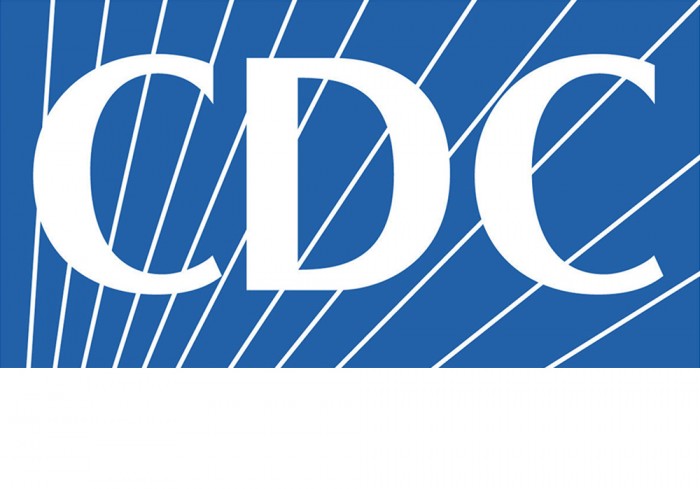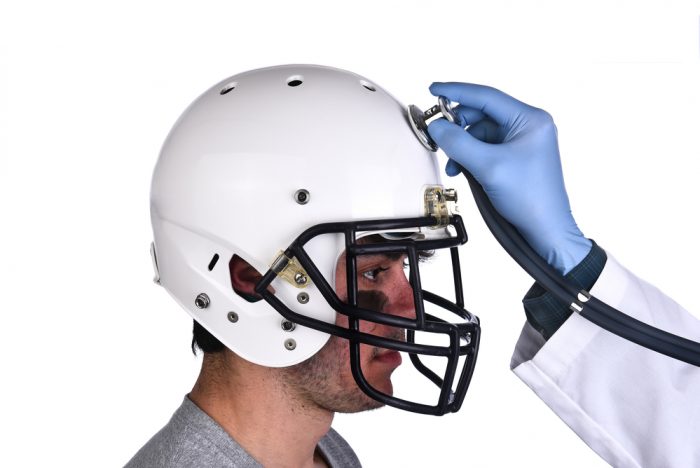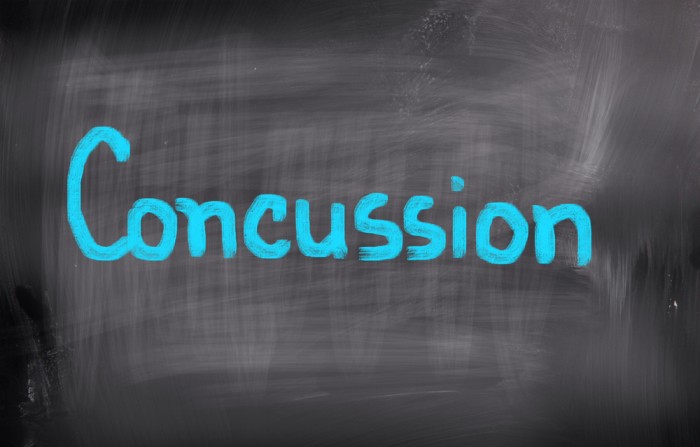Concussion
CDC Publishes Reports on National Concussion Surveillance System Pilot
The Centers for Disease Control and Prevention (CDC) recently published the following reports in the Journal of Head Trauma Rehabilitation that examine and address gaps in traumatic brain injury (TBI) surveillance, including concussions that occur in youth sports.
- Rationale for the Development of a Traumatic Brain Injury Case Definition in the Pilot National Concussion Surveillance System
- Refinement of a Preliminary Case Definition for Use in Traumatic Brain Injury Surveillance
Many concussions and other TBIs are first treated outside of emergency departments, suggesting that surveillance systems that rely only on hospital datasets are undercounting the true number of these injuries in the United States. CDC’s National Concussion Surveillance System (NCSS) Pilot used a random-digit-dial telephone survey to collect information on concussions and other TBIs. In addition to gathering data on more than just hospital-treated TBIs, the CDC report also describes a new tiered case definition with rising levels of certainty that a concussion or other TBI occurred based on the number and types of symptoms reported.
Additional information can be obtained from the CDC’s TBI website.
CDC Updates Youth Sports Coaches Online Concussion Training
The Centers for Disease Control and Prevention (CDC) has released an updated HEADS UP to Youth Sports: Online Concussion Training for Coaches. The training provides important information to assist coaches identify signs and symptoms of possible concussions and steps to take if one occurs.
The objectives of the training include:
- Describe what concussions are, how they occur, and at least one long-term and two short-term potential effect on an athlete’s physical and mental health;
- Recognize at least two signs and two symptoms of a concussion you might observe during a practice or game;
- Explain your role in determining if an athlete should be removed from a practice or game, and list four steps to take after a possible concussion occurs; and
- Identify at least two ways you can prioritize concussion safety.
2 Ex-Steelers To Donate Brains To Pitt’s National Sports Brain Bank
What is Second Impact Syndrome? Heubel Lawsuit Shines Light on Brain Injury
Saliva Test for Concussions, Which Penn State Researchers Helped Create, Receives U.S. Patent
CDC Releases New HEADS UP to Sports Officials for Online Concussion Training
The new HEADS UP to Sports Officials: Online Concussion Training was developed through a partnership between the Centers for Disease Control and Prevention (CDC) and the National Association of Sports Officials (NASO) to share the latest guidance on concussion safety and prevention. The training provides essential information to help sports officials spot possible concussion signs and symptoms that can help keep athletes safe.
Sports officials will learn how to:
- Recognize the signs and symptoms of concussion;
- Determine when athletes should be removed from play due to signs and symptoms of concussion; and
- Promote a culture of concussion safety.
Illustrated case studies in the training help guide sports officials through practical scenarios they can use in their on-field activities.
Additionally, there are other CDC HEADS UP resources for concussion safety:
- Training for coaches
- Training for school professionals
- Training for athletic trainers
- Training for healthcare providers
- Videos on concussion safety
- Graphics and infographics
What is the Concussion Protocol for High School Athletes?
Bruce Murray Spent Years Heading the Ball. He Worries It Took a Toll.















